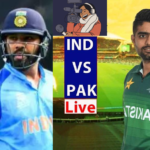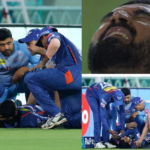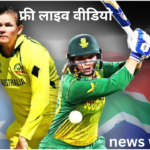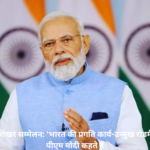The Indian web show ‘Made in Heaven’, acclaimed by critics, has returned with its second season, promising to delve even deeper into the complexities of modern society. The show has captivated viewers, initiating discussions on several social issues, as it presents a unique blend of drama, romance, and social commentary. However, Season 2 presents a challenging question to societal norms and standards, making it intriguing and inspiring.
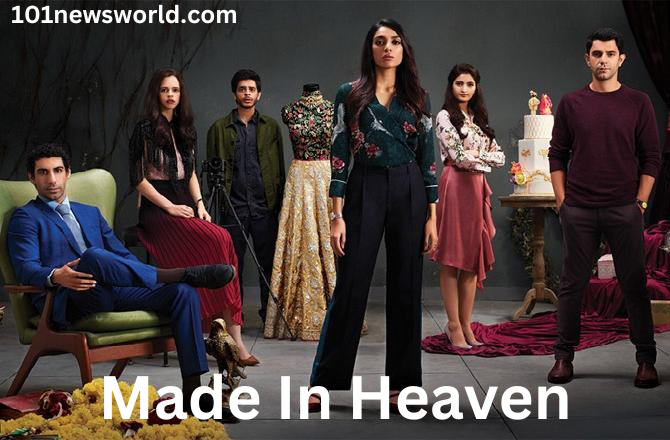
Addressing Social Realities
Throughout its existence, “Made in Heaven” has gone beyond just planning weddings. It weaves a tapestry that highlights the challenges, hypocrisies, and inequalities present in Indian society, woven from the threads of social realities. Season 2 takes this concept to a new level by analyzing subjects often overlooked or completely ignored, from LGBTQ+ rights to gender dynamics and personal struggles, demanding a confrontation with these topics.
Engaging Storytelling
The intricate storytelling of “Made in Heaven” adds to its allure. Each episode introduces a new client, integrating their lives into an intricate narrative. While maintaining its central theme, this format grants the show the flexibility to address various issues. It evokes empathy in viewers as characters’ personal journeys depict the complexities of the larger world they inhabit.
Challenging Conventions
The second season of “Made in Heaven” challenges social norms and traditions. It questions old beliefs and practices through the experiences of its characters. For instance, the exploration of LGBTIQ+ relationships and rights challenges the conventional heterosexual narrative, forcing viewers to confront their biases and preconceptions. By doing so, the show initiates essential conversations for social progress.
Analyzing Gender Dynamics
Gender dynamics are a significant aspect of the show’s narrative. “Made in Heaven” delves into the complexities of gender roles, rights, and expectations. Season 2 examines changing definitions of masculinity and how women navigate personal and professional lives, shedding light on dual standards. The show encourages viewers to critically analyze their thoughts and behaviors when it comes to gender issues.
Dispelling Stereotypes
The characters in “Made in Heaven” aren’t one-dimensional; they are multi-faceted and authentic. They are subtle, flawed, and relatable, making them more critical vessels for delivering messages. The show portrays characters from diverse backgrounds, showcasing their struggles and triumphs, ultimately humanizing them. This perspective enhances empathy and challenges the tendency to stereotype based on societal norms.
Facing Personal Struggles
While addressing prominent societal issues, “Made in Heaven” also delves into the personal struggles of its characters. The intersection of personal experiences and broader social dynamics is highlighted, bridging the public and private realms. The show prompts viewers to contemplate mental health, family expectations, and personal aspirations.
A Call to Action
“Made in Heaven” is an invitation for viewers to engage in confronting uncomfortable questions and participating in discussions that drive change. The show compels viewers to actively contemplate their perspectives and behaviors in challenging situations. It encourages us to question our prejudices, discard preconceived notions, and contribute actively to a more just and inclusive world.
Conclusion
Season 2 of “Made in Heaven” isn’t just another installment; it’s a commitment by the show to elevate dialogue and awareness. By raising uncomfortable questions and broadening the storytelling scope, the show paints a picture of our society. It urges us to question our beliefs, dismantle biases, and be proactive participants in creating a more equitable and inclusive society. As viewers, we are not just observers; we are active participants in the process of growth and change.
Made In Heaven
Creators: Zoya Akhtar, Reema Kagti
Cast: Arjun Mathur, Sobhita Dhulipala, Kalki Koechlin, Jim Sarbh
Rating: 4/5



